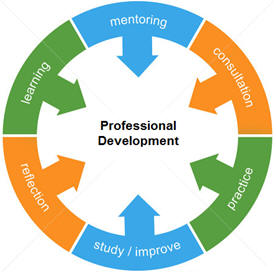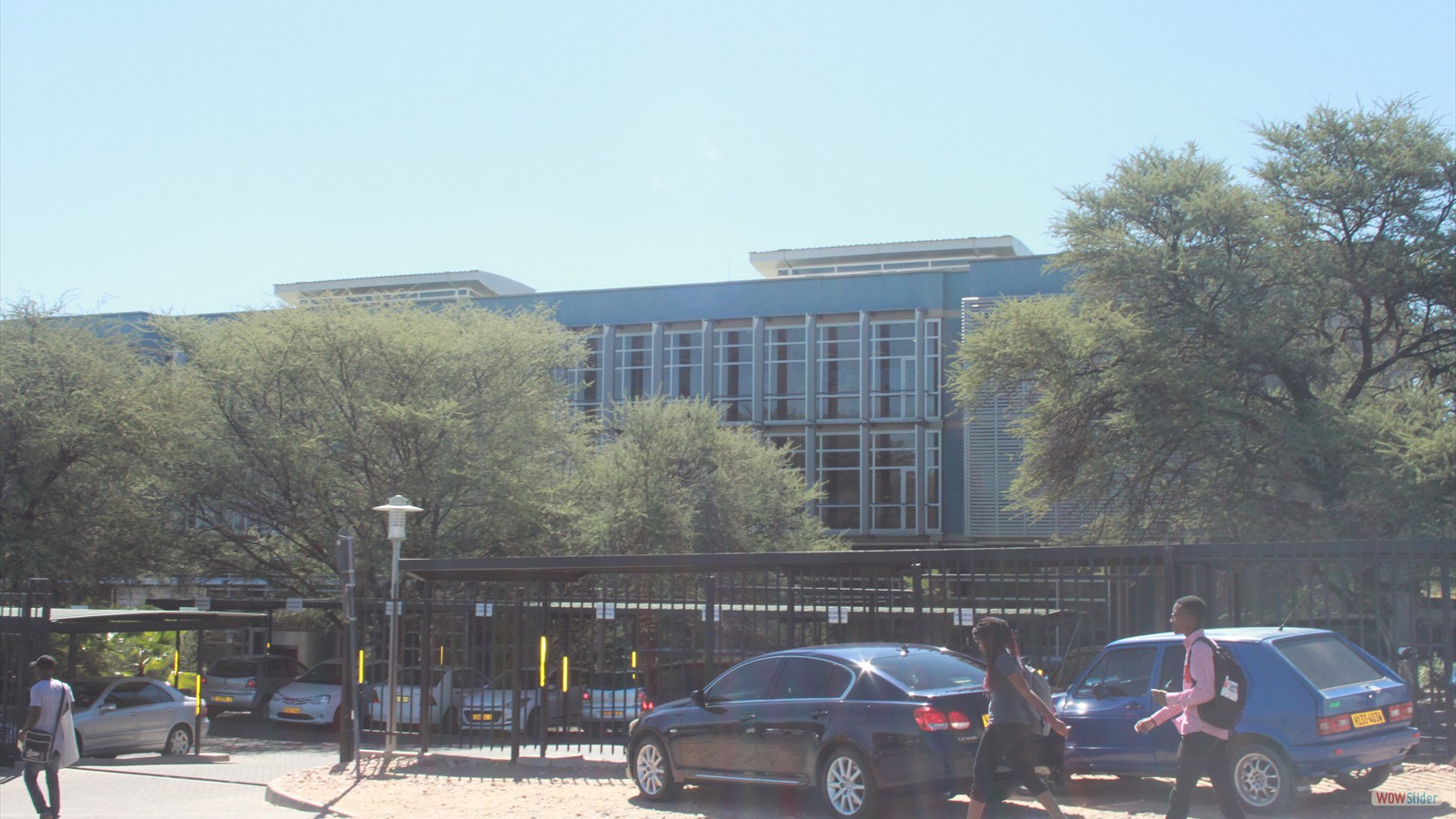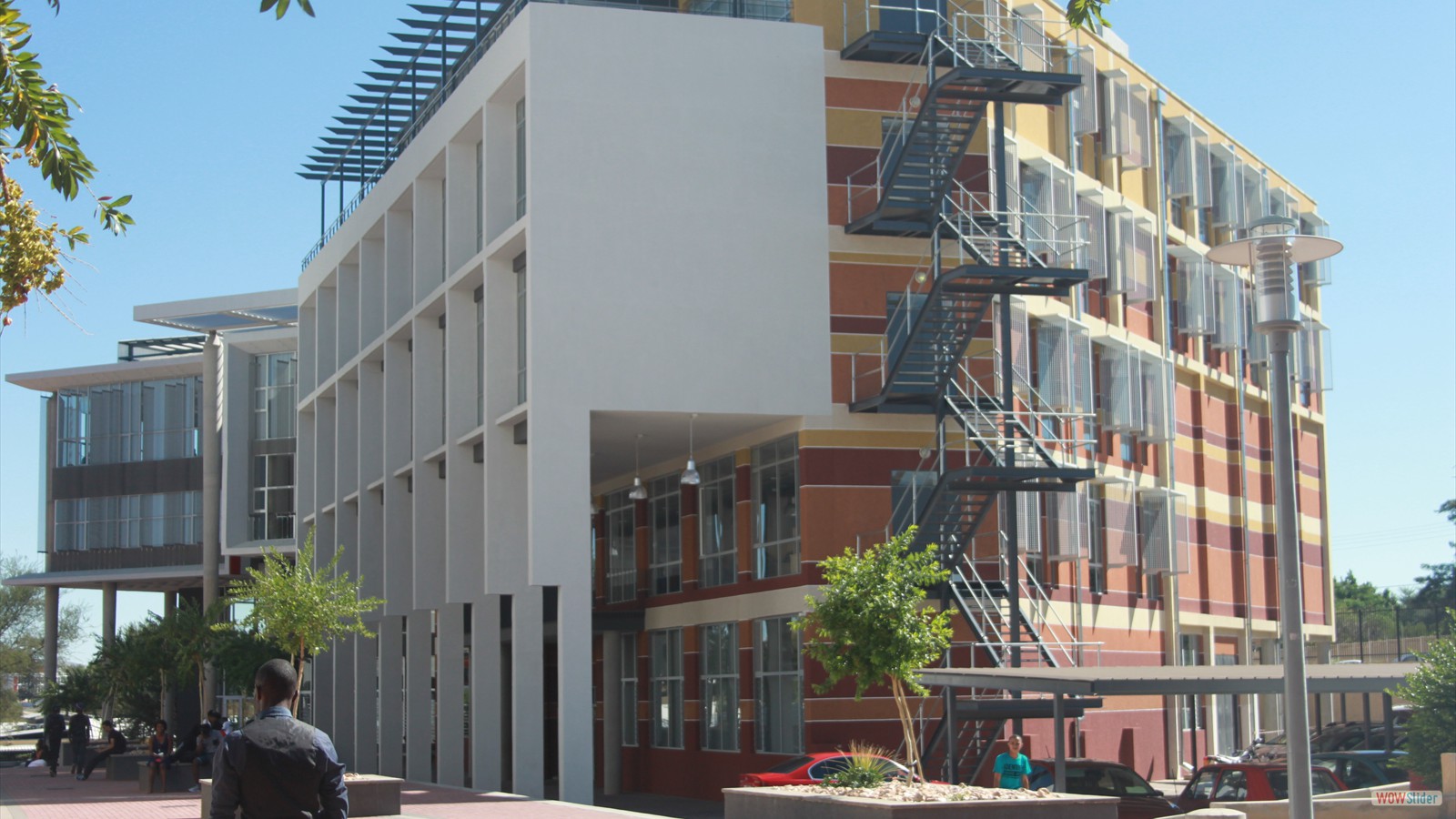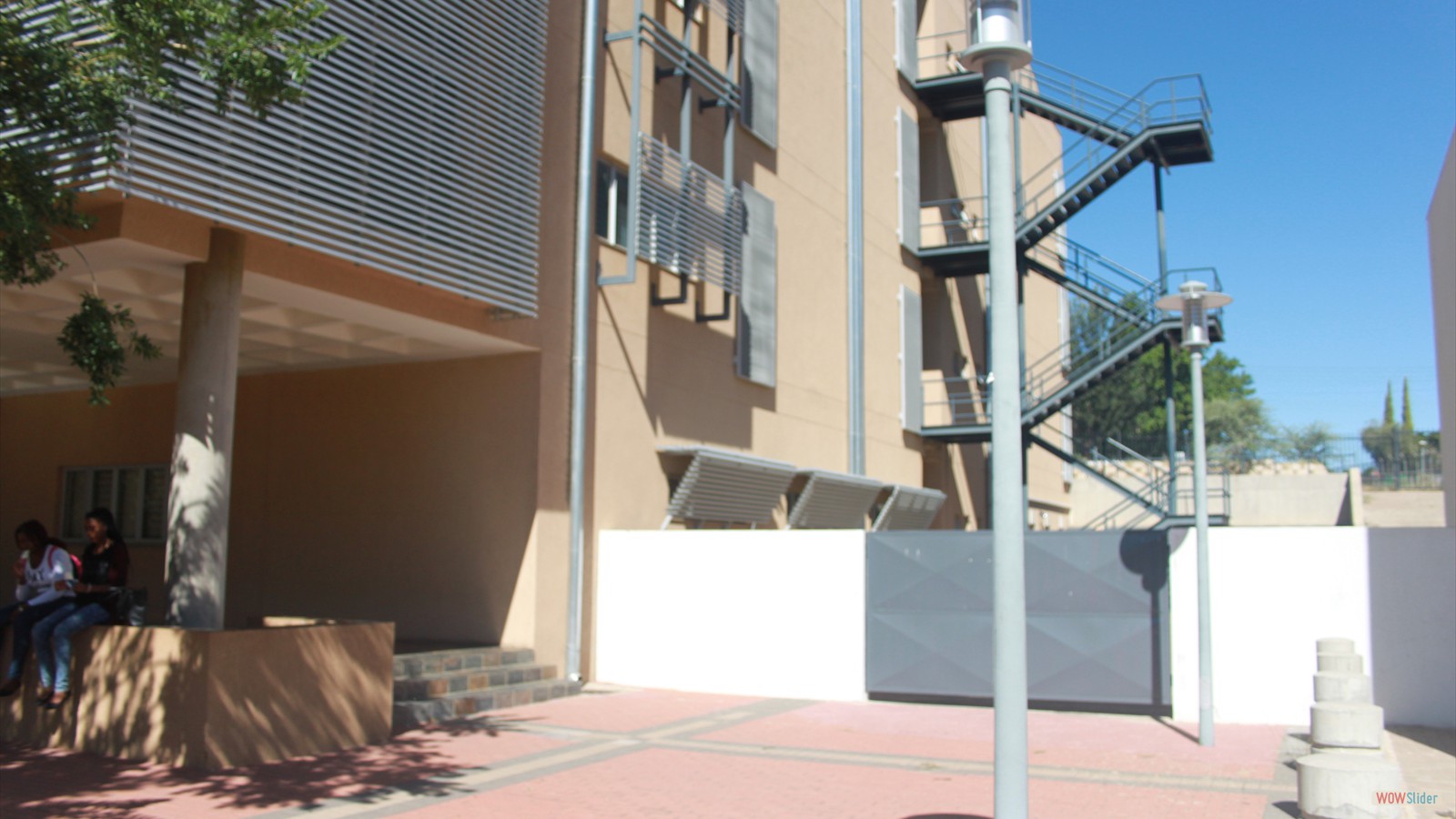
Welcome to the Teaching and Learning Portal
.png)
Why Professional Development in Higher Education?
Professional development (PD) is defined as a process of empowering staff by increasing their capabilities and enhancing their abilities in the workplace. In high education, PD provides learning opportunities for academic and professional staff to foster critical skills required in their profession, keep them up-to-date, effective and productive in the fast changing environment where the World is facing global challenges, such as climate change, economic meltdown, chronic poverty, hunger, etc. PD includes student engagement, pedagogical reinforcement of learning and teaching, teaching strategies and methods, research and especially technology mediated teaching, learning and assessment.
As we are all aware, skilled professionals normally receive training before being certified to practice independently. For example Electricians, Machinists, chefs go through professional training in Universities or Colleges before they serve for months or years as apprentices. The same applies for Accountants, Psychologists, Physicists and Physicians where they spend years earning degrees in their fields before they can be authorised to practice. (Felder R.& Brent R., 2016). The only profession where professionals are authorised to practice without prior training is in institutions of higher learning; and this is where things are complicated. To teach in a University, teaching qualifications are not a requirement but may constitute an advantage. The believe is if you are an expert in your field, you can teach. Research has proved that this is wrong and misleading.
According to Lion F. Gardiner, lack of professional training as educators in higher education was understandable and accepted due to the fact that relatively little was known about how learning occurs, how students at tertiary level develop, and what the effects of the college experience are on that development of the student. Another fact is that access to University was for the privileged ones that went through elite primary and high schools but today higher education is also opened to those from disadvantaged communities who have attended under-performing schools.

To respond to this new challenge, Faculties are under-pressure to innovate their teaching practices to accommodate all students, including the under-prepared or at-risk students. The lecture method, which is still a predominant teaching method in low-performing institutions of higher learning, is no longer the only used teaching method. New methods emerged such as enquiry-based learning comprising case study, problem and project-based learning; interdisciplinary-based learning, problem solving and critical thinking-based learning; system-thinking-based learning, etc. These emerging learning methods are critical to prepare students to solve today and emerging problems.
Professional Development can be conducted in different formats, such as face-to-face, blended or fully online. At NUST, professional development is implemented using the three modes of delivery.
Through this portal, TLU will share with NUST community current and emerging teaching and learning best practices.









